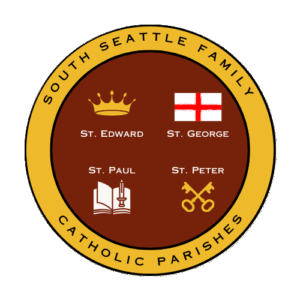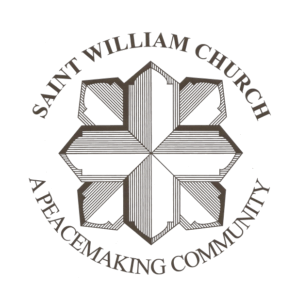Testimony as the gift we share

A word of gratitude to the Association of U.S. Catholic Priests (AUSCP), who during their recent annual assembly in Lexington, June 24-27, welcomed local Catholic women to join them in a conversation during the dynamic keynote session by Dr. Kim Harris of Loyola Marymount University, “You can tell the world! Testimony as a gift we share from our Eucharistic encounter.” Dr. Harris delved into numerous possibilities for testimony that include physical, intellectual, emotional, social and spiritual witnessing while asking people to always notice who is in the room, who is missing and who gets overlooked.
A big thank you to DD leader Kathy Mattone, who has served Lexington as its Synod Coordinator and organized some 40 local women to participate in Dr. Harris’ session, further modeling synodal opportunities for clergy and Catholic women to encounter, listen, and dialogue about the present and future of our Church.
DD and the AUSCP Women in the Church Working Group also teamed up to offer two colloquiums – the first, on a synodal model of pastoring and co-leading with lay colleagues facilitated by Katie Jansen, Parish Life Coordinator at St. Francis College Church in St. Louis, and the second, on preparing clergy and parishes to celebrate Phoebe Day, facilitated by Anna Robertson and Sarah Probst Miller. Last year, numerous clergy from AUSCP greenlighted Phoebe Day celebrations at their parishes, and we look forward to growing the participation this year as well. You can read more about this year’s AUSCP assembly which emphasized the relational dimension of the Eucharist in this NCR article written by Michael Centorre.
We also encourage you to check out the most recent newsletter of the National Association of Deacons of Australia. Deacon Anthony Gooley, a theologian and writer who ministers in the Diocese of Lismore, remarks in his article, Women Deacons Revisited, that the Synod on Synodality will not be capable of holding the robust and open theological exploration that is needed to consider restoring women to the order of deacons. He writes, “The Synod could, however, recommend a process of prolonged exchange of ideas between historians, theologians, and others to help inform the College of Bishops on this important issue for the life of the Church.”


